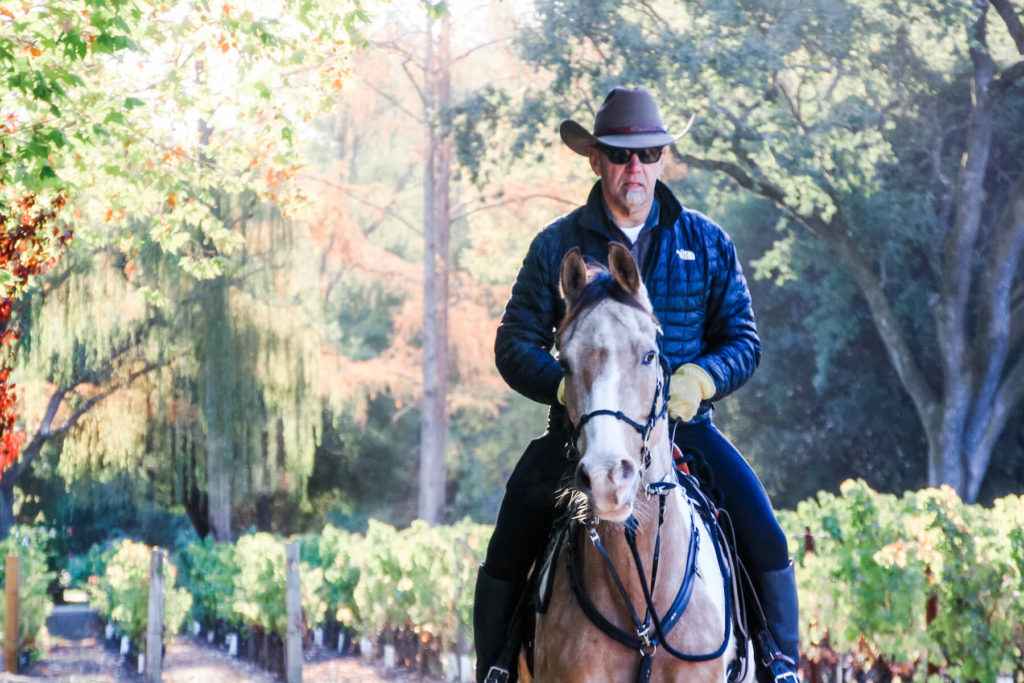
I am often asked what the best part about being in the wine business is. If I have a glass in my hand, the answer is obvious. But in reflection, I will have to say it is the farming. Great wine is made in great vineyards.
I was brought up a city boy, watching Green Acres on TV as a kid. But in 1999, I decided to become a farmer, a gentleman farmer. I loved wine and decided to backward-engineer a career in the wine business. I bought two properties in Napa Valley, one a vineyard, and one with potential. The gentleman part is because I hired a vineyard manager to manage it all.
Early on, I spent some time at UC Davis taking viniculture classes to learn the basics. I learned about botany, terms about grape growing, bugs, and disease in plants. I took some classes about wine grape varieties, clones, and optimum growing conditions. I learned the basics of terroir, which is the French term for all the environmental conditions that influence grape growing.
I have now been in wine school for 23 years, learning every day. I’ve got some of the best teachers: Thomas Brown (my founding winemaker), David Pearson (former CEO of Opus), Ren Harris (fellow vintner and owner Paradigm), Nathan Beaty (my vineyard consultant), Doug Hill (my vineyard manager), and Derek Flegal (my winemaker). Mother Nature also teaches often, at times with a big stick.
Now, almost a quarter century in, one thing I’ve learned is that every year is a different year. Although I still may be considered a newbie in the business, by the standards of some of my colleagues coming from multi-generational farming and wine families, I’ve put myself in the middle of the modern-day farming dialog. To say the devil is in the details is an understatement, and the challenges can be overwhelming. The botany is wildly complex. The complications of climate change are omnipresent. The narrative now is talking about the ecosystem of the soil.
The best thing we have going for us—and I speak of us as Napa Valley—is that we have the most optimum growing conditions in the world to grow Bordeaux varietals—the perfect terroir. You can’t make terroir, you can only find it, recognize it, love it, and then put your best effort into it. Although George Yount gets credit for the first planting of grapes in Napa in 1839, modern winemaking begun in the 1960s, when some brilliant pioneers started to put it all together, like Andre Tchelistcheff and Robert Mondavi. Both are credited with the birth of modern winemaking. It continued on in the 1990s with the onset of the cult wines: Abreu, Araujo, Bryant Family, Colgin, Dalle Valle, Harlan, and Screaming Eagle. And now there is a new group of magic makers, still pioneering, still pushing, and still meeting challenges. I, along with the Tamber Bey team, are trying to be a part of this.
The education of the wine business never ends. There is a curiosity, an impatience, and a drive for perfection to make the best wine. This can only be accomplished with the collaboration of passion, business, and appreciation for a lifestyle of wine and winemaking. It is a fabulously rich endeavor. I am a part of this place called Napa Valley.
— Barry Waitte, Proprietor & Vintner
